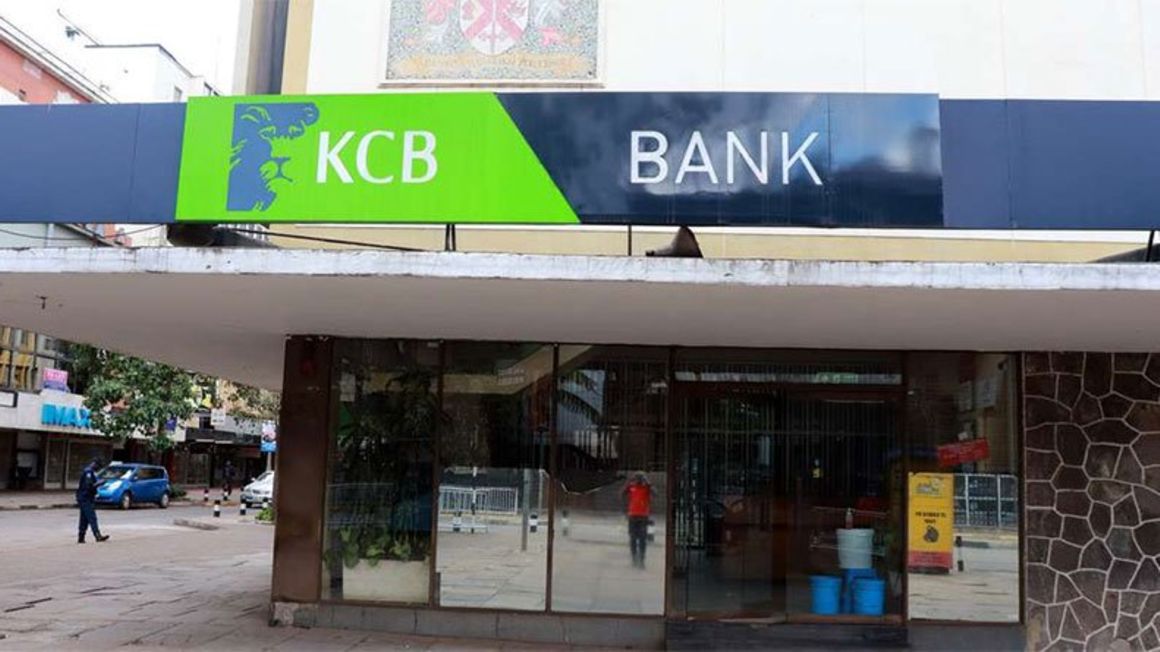
A KCB branch in Nairobi. FILE PHOTO | NMG
Summary
- Latest regulatory filings show that foreigners have sold 161.18 million shares between March and November last year —valued at about Sh6.17 billion when calculated by KCB’s current share price of Sh38.
- The latest stake of foreigners, who now hold 452.297 million shares, is in sharp contrast with 19.09 percent in March last year and end of 2017 when their stake was at 29.25 percent.
Foreign investors have cut their stake in KCB #ticker:KCB to a new low of 14.08 percent in the wake of Covid-19 pandemic that saw them dump equities in search of safer alternative investments elsewhere.
Latest regulatory filings show that foreigners have sold 161.18 million shares between March and November last year —valued at about Sh6.17 billion when calculated by KCB’s current share price of Sh38.
The latest stake of foreigners, who now hold 452.297 million shares, is in sharp contrast with 19.09 percent in March last year and end of 2017 when their stake was at 29.25 percent.
Local individual and institutional investors—excluding National Treasury— have in turn snapped up most of the shares left by foreigners, rising their stake to a high of 66.17 percent at the end of November.
The profile shows that locals have taken up an additional 143.64 million shares between March and November, raising their stake from 61.15 percent in March.
Some 1,440 new local shareholders bought stake in KCB during the review period, helping tighten grip on Kenya’s most profitable lender.
Foreigners were ditching the high risk equities for low-risk investments to avoid erosion of their wealth, giving room for locals to deepen their shareholding in an environment of falling prices.
The latest profile means that foreigners now hold the smallest stake in KCB with local institutional investors commanding 39.65 percent followed by local individuals (26.52 percent) and National Treasury (19.76 percent).
The current structure differs sharply with that of end of 2017 when foreigners were the top shareholders in KCB with a stake of 29.25 percent.
Fundamentals of firms such as banks have come under pressure in Covid-19 era especially with drops in profits on higher provisioning for loan defaults, dimming the dividend outlook.
KCB Group nine-month net earnings to September tumbled by 43.1 percent to Sh10.8 billion, weighed down by a sharp increase in provisions for defaults.
The Central Bank of Kenya in a mid-August circular told banks to pay more attention on their capital before making any proposal for dividend payouts.
Banks had between March and October last year restructured loans worth Sh1.38 trillion or 46.5 percent of the total loan book due to the coronavirus-induced economic hardships that have hurt borrowers’ ability to repay loans.





No comments :
Post a Comment